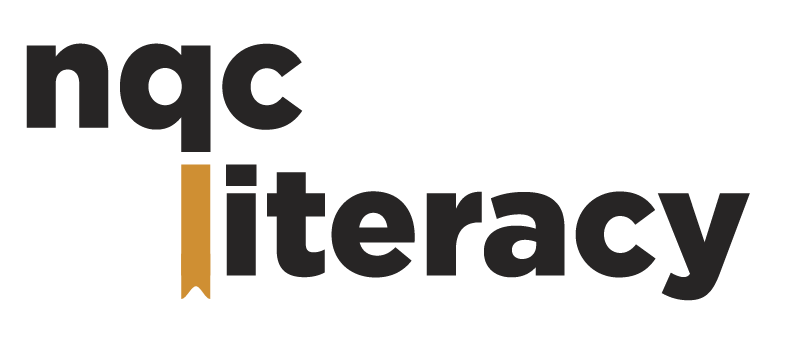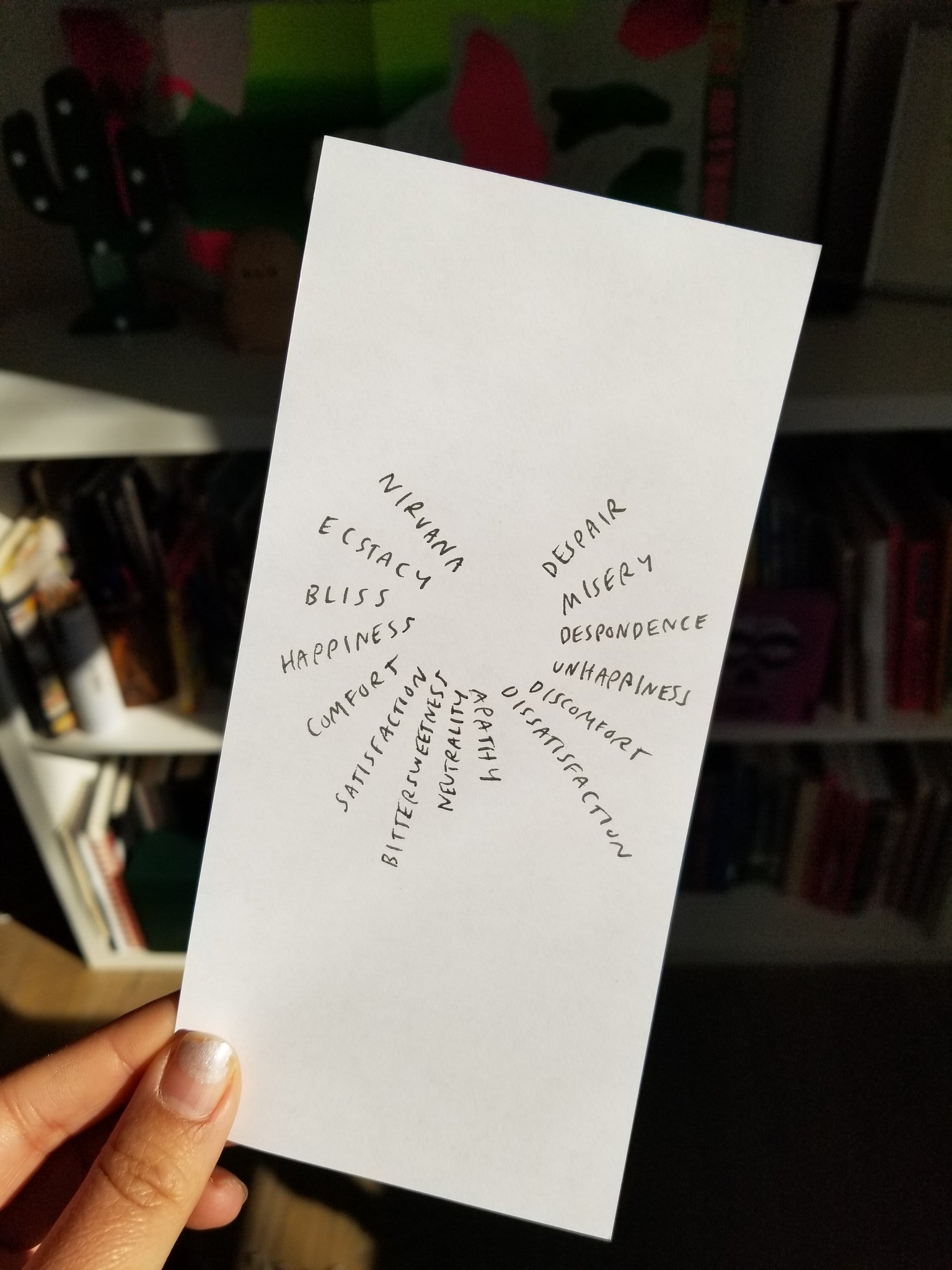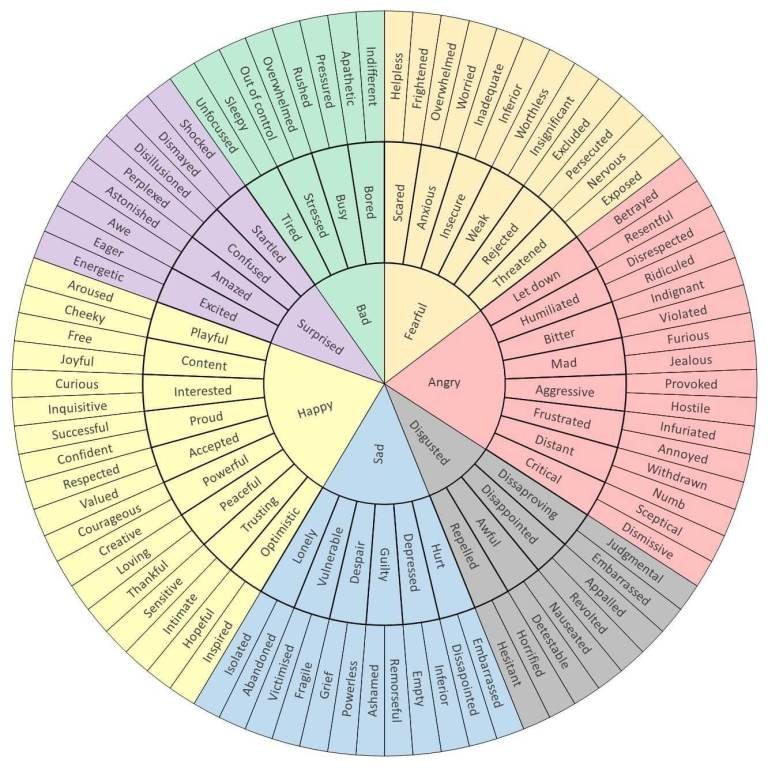Today I’m posting two images. I want you to choose an emotion and tell your friend about a time you felt that way. I want you to pick an emotion and pretend your character feels it precisely, writing from that super specific place with intentionality. I want you to select an emotion and draw yourself experiencing it. Try circling an emotion and attaching color to the feeling, explaining aloud why your mind connected the color to that experience.
Now, let’s try some exercises in reverse. I want you to think of a moment of big emotion and describe it thoroughly via recording you’ll post to your blog, then connect the moment to the specifically apt emotion on the wheel. Try reading this passage and share with your partner what feelings the characters are experiencing, and what parts of the text make you think that. Close your eyes and envision this scene, then connect specific emotions to the character’s conversation.
Next time, when you’re in the heat of an argument or feeling despondent, perhaps because your vibrant and typically energetic uncle had a stroke and now has to relearn how to speak, eat and move- you might remember the wheels of emotions that exist. You might say more than I’m sad. When someone belittles your work with a condescending comment, you might not just say I’m mad, anymore. You might say you you felt provoked.
The English language is rife with specificity.
What we say matters.
Author Malaka Gharib’s emotion wheel (left).



This is so powerful and I love the way in which you used emotion throughout to get the reader thinking of emotion.
I appreciate this, Nawal! And maybe these images help with empathy, as well, and working to identify and be there for friends as they experience challenging times or even joyful times. I’m thinking of you, and I hope that your uncle is making progress and that also, people are appreciating the brilliant work you do.
I plan to use the challenge you presented in this blog as my inspiration for tomorrow’s post. I’m half way through Brené Brown’s latest book, Atlas of the Heart, and I’ve never appreciated the nuance of language more. You are spot on when you write, "The English language is rife with specificity."